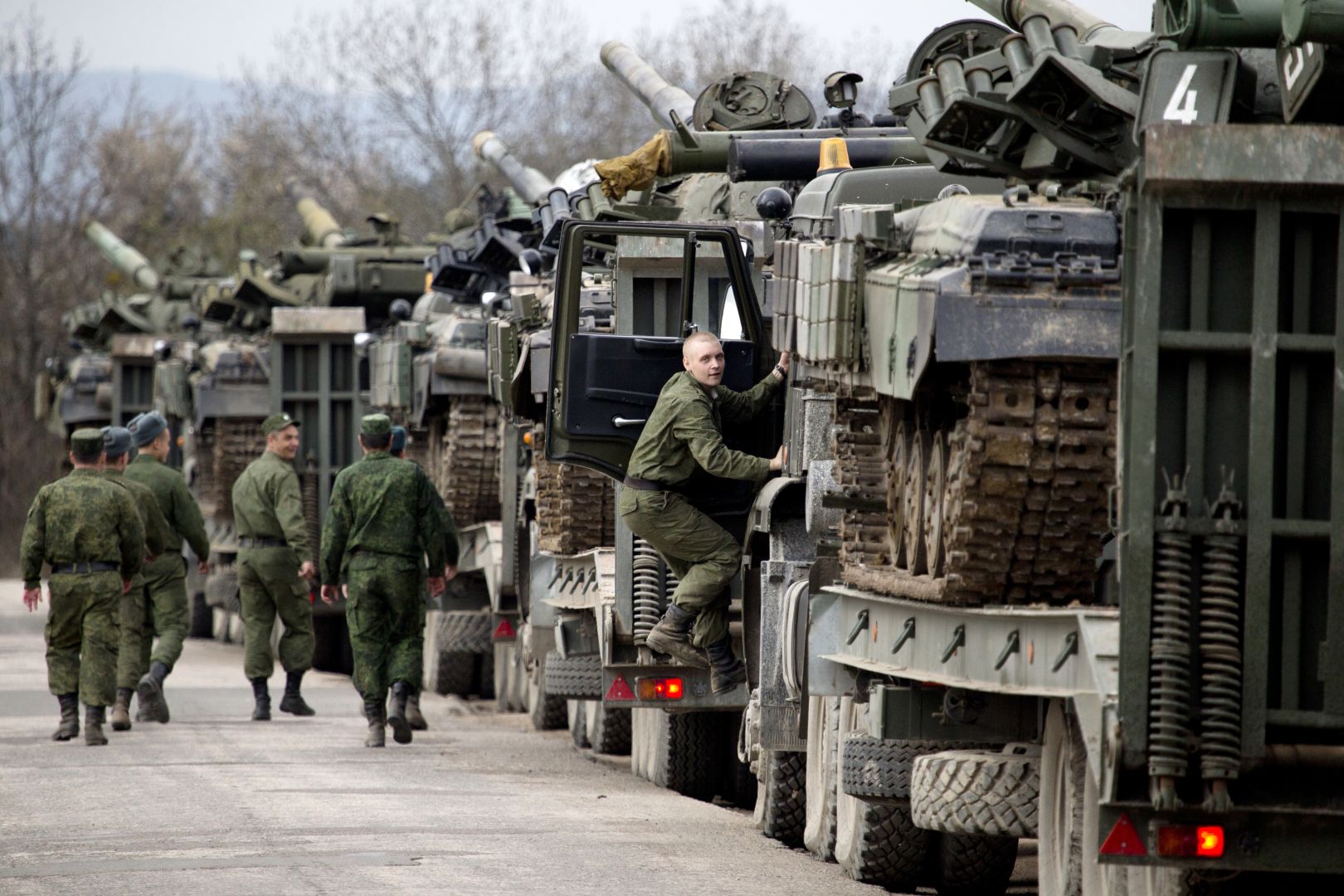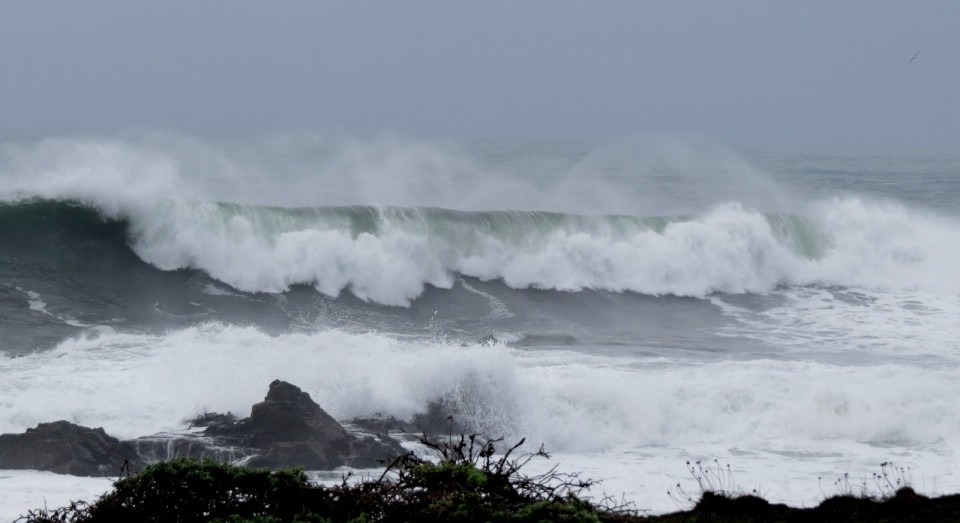MWI Podcast: Are We Headed for Limited War? Jakub Grygiel Explains
MWI’s CPT Jake Miraldi sits down with Dr. Jakub Grygiel, from Johns Hopkins University, to talk about the concept of limited war is influencing the security situation in Europe and what NATO is doing to counter.
Read More

